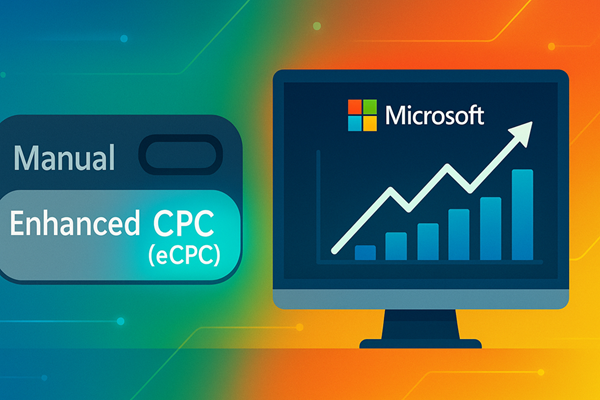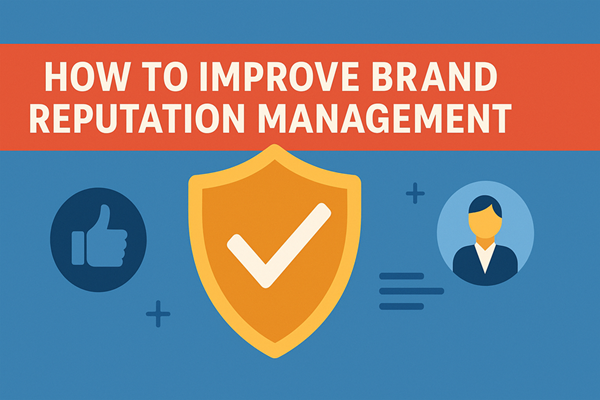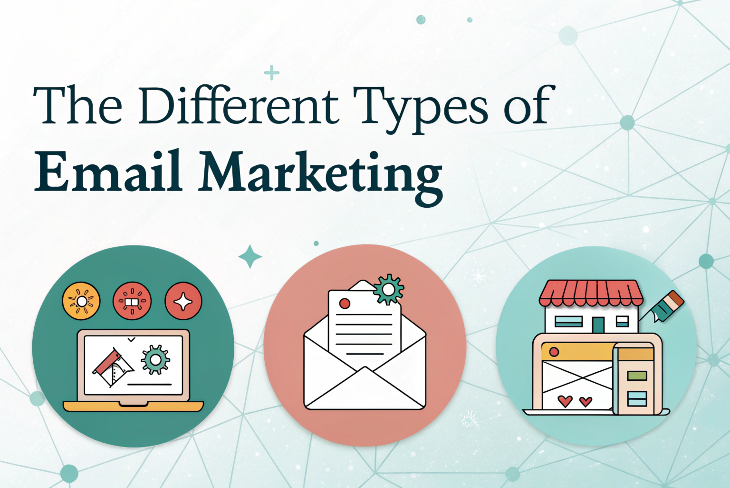Our social media marketing services are designed to grow your audience, boost visibility, and drive real business results.
Landing Page
£250.00 Original price was: £250.00.£165.00Current price is: £165.00.
- Responsive design
- Conversion capture
- Versatile for any campaign
- 2 design revisions
- Full integration or upload
- Content creation
- Schema (structured data)
- Calls-to-action (CTAs)
Organic Social
£850.00 Original price was: £850.00.£575.00Current price is: £575.00.
- Platform selection
- Social media advertising setup
- Hashtag and keyword research
- Content creation
- Engagement strategy
- Influencer outreach
- Competitor social media analysis
- Performance reporting
Social Ads
£945.00 Original price was: £945.00.£675.00Current price is: £675.00.
- Platform selection
- Social media advertising setup
- Hashtag and keyword research
- Content creation
- Engagement strategy
- Ad bid management
- Conversion analysis
- Competitor social media analysis
- Performance reporting
Social media marketing (SMM) is the process of using social media platforms like Facebook, Instagram, Twitter, LinkedIn, TikTok, and others to promote your brand, products, or services. It’s a powerful digital marketing strategy that helps businesses connect with their audience, build trust, and drive real results, whether that’s increased brand awareness, higher engagement, or more sales.
Why is social media marketing important?
Billions of people use social media daily, making it one of the most effective ways to reach and engage potential customers. Whether you’re a small business, a startup, or an established brand.
What are the benefits?
Increase brand awareness
Get your business in front of more people and make a lasting impression.
Audience engagement
Foster meaningful interactions, build a community, and strengthen customer loyalty.
Stay ahead of competitors
A strong social presence helps you stand out and dominate your industry.
Check out our other web solutions
Key elements of social media marketing
1. Personalised content
Personalised content in social media marketing refers to tailoring posts, ads, and interactions to suit the interests, behaviours, and demographics of your audience. By using data from user engagement, past interactions, and preferences, you can create content that feels relevant and valuable to each individual. This could be personalised recommendations, dynamic ads, or interactive content, like polls and quizzes based on user preferences.
Why it matters:
Customised social media content boosts engagement, strengthens customer relationships, and increases conversions. When users see content that speaks directly to their needs, they’re more likely to interact, share, and take action, helping your brand stand out in a crowded digital space.
2. Audience segmentation
Audience segmentation involves dividing your social media followers into different groups based on factors like interests, demographics, location, or past interactions. This allows you to craft targeted messages that appeal to each segment rather than posting generic content for everyone.
Why it matters:
Segmenting your audience ensures your content reaches the right people at the right time. This leads to higher engagement rates, better customer experiences, and improved ROI from your social media efforts. Whether through tailored ads, exclusive offers, or custom content, segmentation helps drive meaningful connections with your audience.
3. A/B testing
A/B testing, or split testing, involves experimenting with different versions of social media posts, ads, captions, or visuals to determine what works best. You can test different call-to-action phrases, hashtags, video lengths, or even the best time to post to see what generates the most engagement.
Why it matters:
A/B testing helps you refine your strategy based on real data rather than guesswork. By continuously optimising your content based on audience preferences, you improve click-through rates, boost engagement, and drive more conversions, maximising the impact of your social media marketing.
These key elements work together to build a powerful, results-driven social media marketing strategy. By personalising your content, segmenting your audience, and using data to optimise performance, you can create a social media presence that not only engages but also converts, turning followers into loyal customers.
The best social media marketing practices
Follow these proven strategies to make your social media marketing more engaging, attract the right audience, and drive higher conversions.
Create engaging content
Use high-quality visuals, videos, and compelling captions to capture attention and drive interaction.
Maintain consistency
Post regularly at optimal times to stay at the top of your potential customers mind without overwhelming your audience.
Engage & build community
Respond to comments, messages, and conversations to strengthen relationships and boost loyalty.
Social media marketing mistakes to avoid
Avoid these common social media marketing mistakes to boost engagement and results
1. Ignoring mobile optimisation
Most social media users browse on mobile devices, so poorly formatted posts or images that don’t display correctly can hurt engagement. Ensure all content is mobile-friendly for the best user experience.
2. Posting irrelevant content
Sharing generic or off-topic content can lead to audience disengagement. Tailor your posts to your target audience’s interests, needs, and behaviours to keep them engaged.
3. Posting too often or too little
Posting too frequently can overwhelm followers, while inconsistent posting can make your brand forgettable. Maintain a balanced posting schedule to stay visible without overloading your audience.
Social media marketing statistics
This compilation of up-to-date social media marketing statistics reveals key trends and insights into user behaviour, platform dominance, and advertising strategies within the UK market.
Usage and engagement:
- Active social media users: As of 2024, there are 56.2 million social media users in the UK, representing 92% of the population aged 16-64.
- Time spent: On average, UK users spend 1 hour and 49 minutes per day on social media, across 6.4 different platforms.
Platform dominance:
- Most popular platforms: WhatsApp, Facebook, and Instagram remain the most popular social media platforms in the UK.
- TikTok’s rise: TikTok is the most used app in the UK, with users spending an average of 49 hours per month on the platform.
Advertising and marketing:
- Social ad spend: In 2023, social ad spend in the UK reached £7.7 billion, a 7.8% increase year-on-year.
- Engagement with ads: 86% of UK consumers engage with ads on social media networks.
- Digital ad spend: Digital formats account for 79.7% of total UK ad spend.
- Video marketing: 57% of video marketers in the UK reported using live video in their digital marketing strategy.
FAQ's
Common SMM queries
What is the 50-30-20 rule for social media?
The 50-30-20 rule for social media marketing is a guideline for content distribution. It suggests:
- 50% of your content should focus on brand-building and engaging your audience with value-driven content.
- 30% should be educational or informative, providing useful knowledge or industry insights.
- 20% should be promotional, focusing on sales-driven content, product announcements, or special offers.
This balance helps keep your audience engaged without overwhelming them with too many sales pitches.
What are the top 5 social media platforms?
As of 2024, the top 5 social media platforms globally are:
- Facebook: With 3.07 billion users, it remains the most popular platform for social interactions and brand engagement.
- YouTube: A leading video platform with over 2.7 billion active users.
- WhatsApp: A messaging platform that also supports business interactions with over 2 billion users.
- Instagram: Known for its visual content, it has more than 2 billion users.
- TikTok: A fast-growing platform focused on short-form videos, reaching 1.6 billion users.
What age group uses which social media platform?
Social media usage spans across all age groups, but certain platforms attract different demographics:
- 18-29 years old: The most active age group across most social platforms, especially TikTok and Instagram.
- 30-49 years old: Active users on Facebook, Instagram, and LinkedIn.
- 50-64 years old: Increasingly engaging on Facebook and LinkedIn, with some participation on Instagram.
- 65+ years old: While the least active, this age group has grown on platforms like Facebook and WhatsApp.






